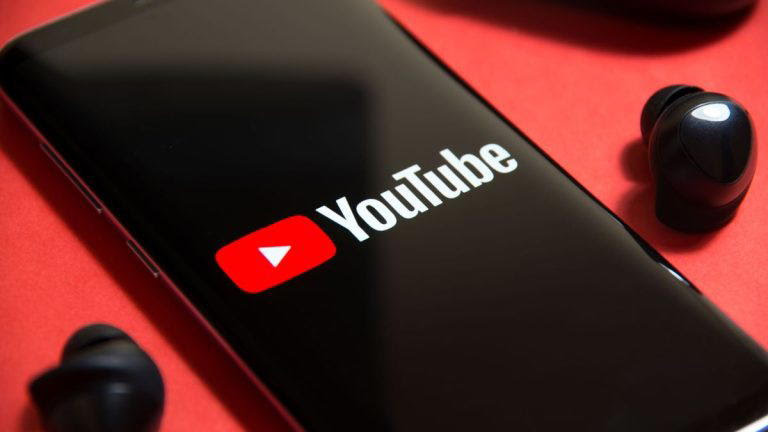Australia is pushing ahead with a sweeping move to shield children from harmful online content by banning under-16s from accessing platforms like YouTube, TikTok, Instagram, Facebook, and others, under landmark social media legislation set to take effect December 10.
Communications Minister, Anika Wells, emphasized the urgency of the new restrictions, citing data that four in ten Australian children have encountered harmful material on YouTube, one of the world’s most heavily trafficked websites.
“We want kids to know who they are before platforms assume who they are,” Wells said in a statement. “There’s a place for social media, but there’s not a place for predatory algorithms targeting children.”
The federal government had initially considered exempting YouTube because of its prominent role in educational settings.
But Prime Minister Anthony Albanese confirmed that the platform will now be included in the ban.
“Young people under the age of 16 will not be able to have accounts on YouTube,” Albanese told reporters. “They will also not be able to have accounts on Facebook, Instagram, Snapchat, TikTok, and X among other platforms.
“We want Australian parents and families to know that we have got their back,” he added.
Albanese acknowledged that enforcing the age restriction may face real-world limitations, likening it to the challenges of regulating underage alcohol consumption.
Still, he said, the measure sends a clear message about protecting children online.
In response, YouTube expressed dismay at the policy reversal. “Our position remains clear, YouTube is a video sharing platform with a library of free, high-quality content, increasingly viewed on TV screens,” the company said in a statement. “It’s not social media.”
While the law stands as one of the strictest digital age restrictions globally, critics have raised concerns about its practical enforceability.
The current framework lacks clarity on implementation and has prompted criticism from online platforms and safety experts alike.
Social media companies could face penalties of up to Aus$49.5 million (US$32 million) for non-compliance. Yet industry leaders argue the bill is overly broad and hastily crafted.
TikTok has accused the government of sidelining the advice of online safety and youth wellbeing professionals.
Meta, which owns both Facebook and Instagram, warned the proposal could place “an onerous burden on parents and teens.”
The development is being watched internationally, as several countries consider following Australia’s lead in tackling online risks for young people.
